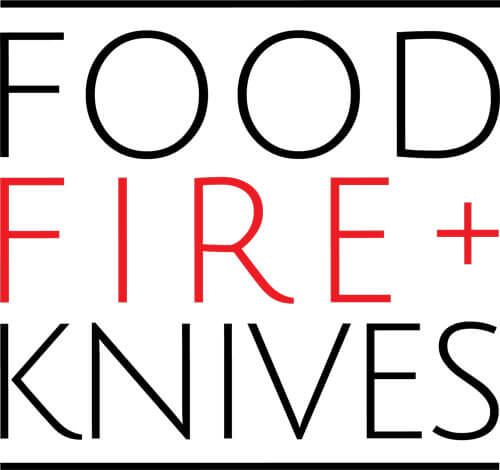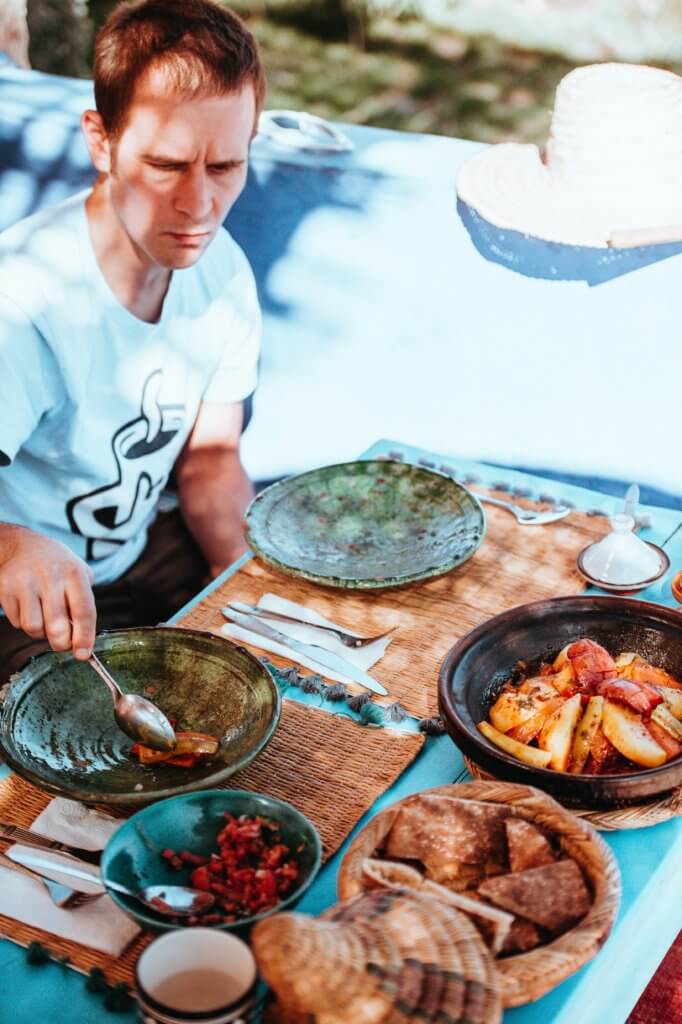Food is part of our daily lives, and we may not notice it, but they are intricately intertwined with our culture. The food we enjoy may be affected by the ingredients available in our locality, our lifestyles, and our values as a people. Understanding a place’s culture through food can be a wonderful and tasty experience!
For this reason, you can learn a lot about a culture from exploring and enjoying their food. Most of the time, a visit to a new place is not complete without trying the cuisine that helps define its culture.
Experiencing a place’s culture through food is now made more convenient with the existence of private chefs. These chefs are equipped to serve you good food and teach you its history and relation to one’s culture.
In this article, we will go through the ways food helps you understand a culture.
Everyone Needs Food
An essential thing that connects all cultures is the need for food. Many aspects of a certain place’s societal culture derive from people’s need to eat.
We can trace back the origins of early civilizations to the need to hunt and gather food as a group. More significant events such as the spice trade and the establishment of the merchant silk road also go back to the need for food and ingredients.
This history has helped create the food each culture enjoys nowadays. Each recipe tells a deep, cultural story.
Techniques to Food Preservation Vary
The environment in each region led to the different techniques used for food preservation. These methods vary from place to place and are an excellent way to understand a culture as a whole.
For example, people living in the hot and dry climate of North Africa have a different way of preserving their food compared to the people living in the cold and wet regions of Scandinavia. They also have unique resources to be preserved, such as fruits, fish, animal fat, and others.
Local Staples Can Indicate Historical Eating Patterns
Each country can have a staple food that is grown or harvested in the region. It is likely easy to grow or harvest year-round and is the foundation of the region’s historical eating patterns.
It has been present for a very long time and is part of the country’s heritage.
Some countries have diets based on meat, while others have almost entirely plant-based diets.
Exploring the World through Food Tourism
Food tourism is a great way to explore a new country. It is an informative and fun way to meet the locals and experience their culture. It may be a unique and delicious experience that you will remember for a long time.
Here are some tips as you start your food tourism journey:
- Start with Things You Enjoy: If there are a few dishes you already like from the country you are visiting, begin with them. You can use this guide to help you make your choice.
- Look For Other Dishes You Are Interested In: This is an opportunity for you to learn about the country’s culinary history. Try to look for dishes that are not your favorites and those you have never heard of.
- Don’t Be Afraid to Give Dishes a Second Chance: If you try a dish and don’t particularly like it the first time, you can always give it a second chance. You can try a different recipe or order a different version of that dish.
Conclusion
Food is one of the things that brings people together from all over the world. It is a universal language that helps people communicate and relate to one another. Next time you travel, try to take your time and enjoy the food because understanding a place’s culture through food enriches your experiences.
If you want an authentic experience of the culture in a place, you can now get in-home chef experiences where a private chef serves you food and discusses the history and culture hidden in each dish.
Are you looking for a private chef in San Francisco? Food Fire + Knives brings you the best private chef experience. Book your reservation today!

